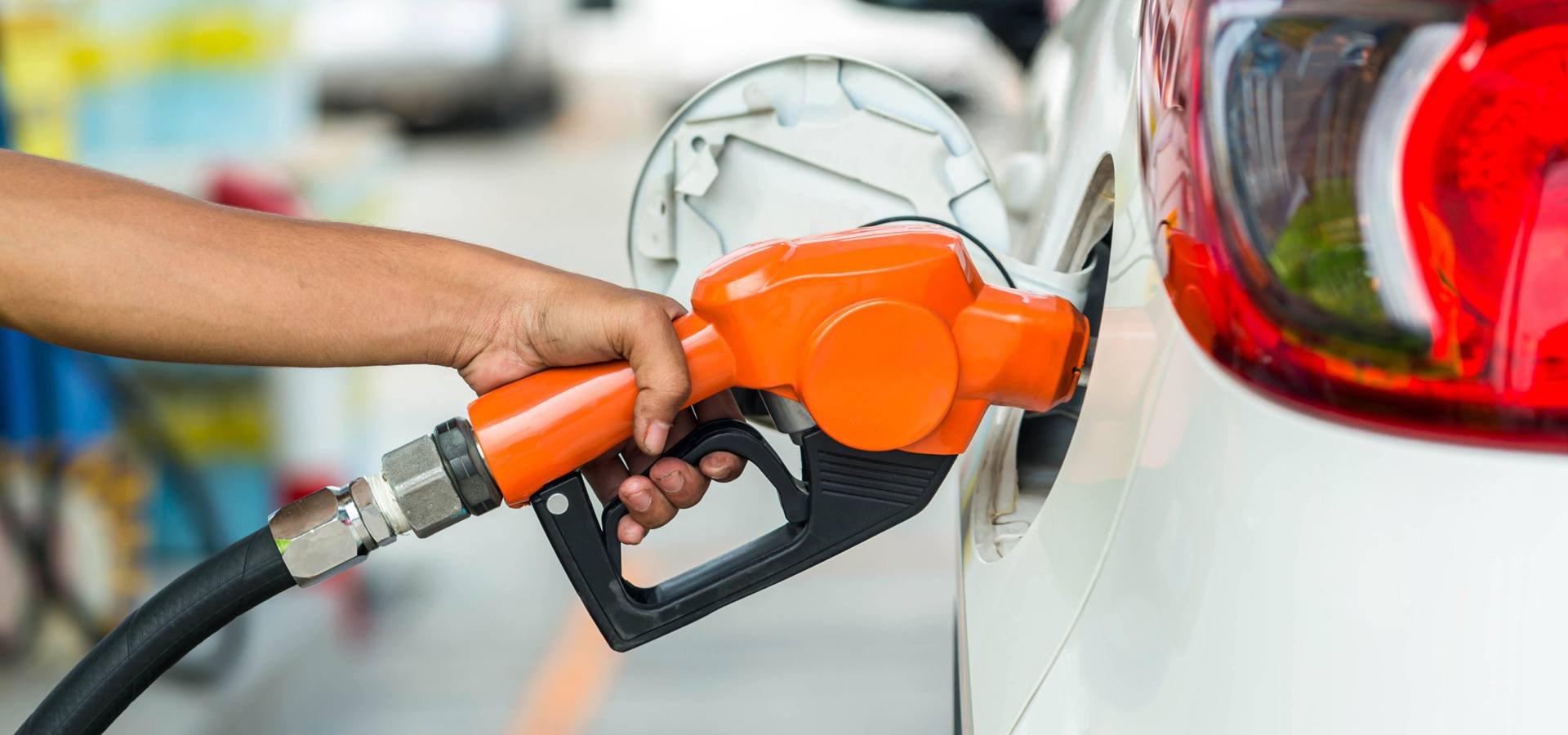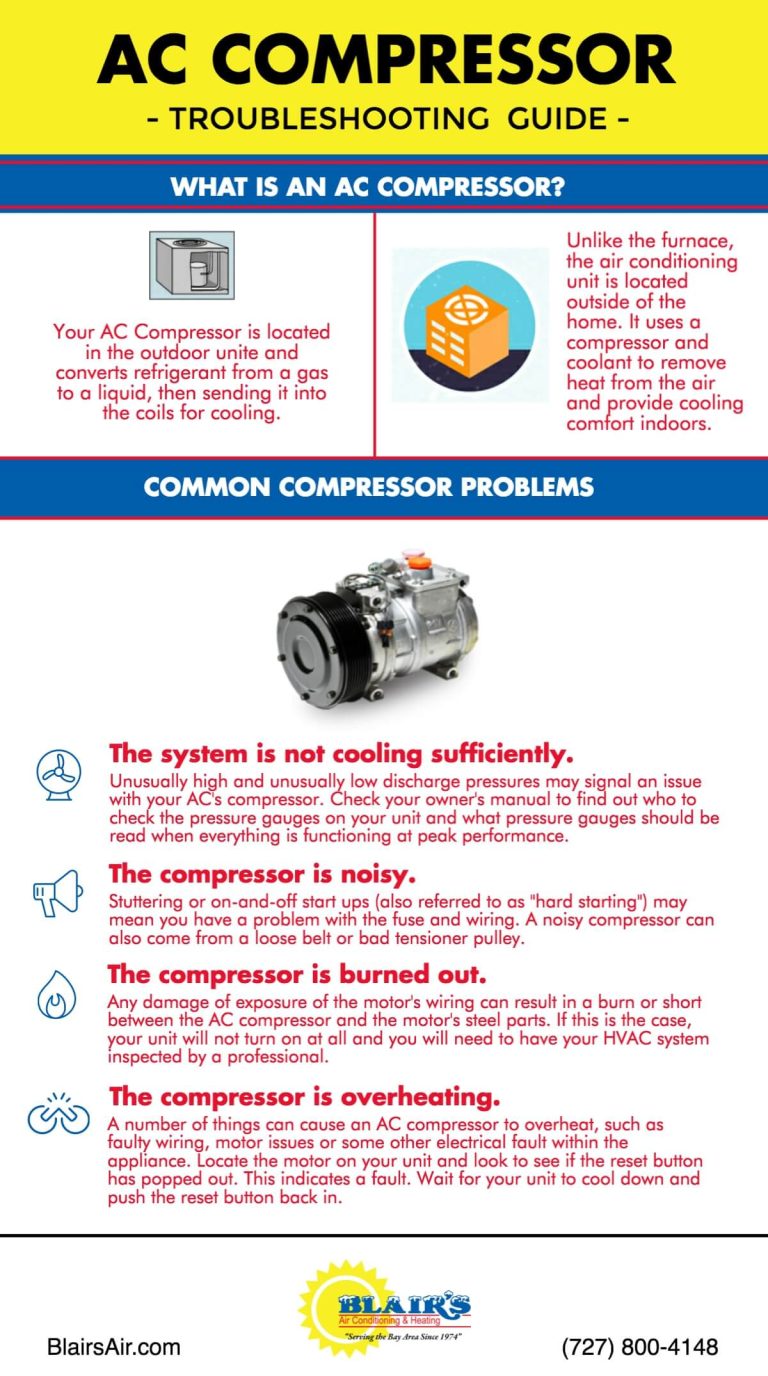How to Improve Your Car’S Fuel Efficiency
Improving your car’s fuel efficiency can be achieved through regular maintenance and driving habits. To achieve this, ensure regular tune-ups, proper tire inflation, and gentle acceleration and deceleration.
Well-rounded Maintaining good fuel efficiency is not only beneficial for your wallet but also for the environment. By adopting a few simple measures, you can significantly enhance your car’s fuel economy and reduce carbon emissions. Regular maintenance plays a crucial role in optimizing fuel efficiency.
Scheduling regular tune-ups and oil changes, as well as replacing air filters and spark plugs when necessary, helps ensure your car is running at its best. Another important factor is proper tire inflation, as underinflated tires can decrease fuel economy. Additionally, refining your driving habits by avoiding rapid acceleration and hard braking can have a positive impact on fuel efficiency. We will explore practical tips and guidance on improving your car’s fuel efficiency and reducing your carbon footprint.
1. Understanding Fuel Efficiency
Fuel efficiency is crucial for car owners looking to save money on gas. With these tips, you can improve your car’s fuel efficiency and minimize your carbon footprint.
Importance Of Fuel Efficiency In Cars
Understanding fuel efficiency is crucial for car owners as it directly impacts their vehicle’s performance, operating costs, and environmental footprint. Cars with good fuel efficiency can help save money on fuel expenses and reduce carbon emissions. By optimizing fuel efficiency, you can enjoy several benefits, including:
- Saving money on fuel costs: A more fuel-efficient car will require fewer fill-ups, resulting in substantial savings over time.
- Reducing environmental impact: Lower fuel consumption means decreased carbon dioxide emissions, contributing to a greener and more sustainable future.
- Enhancing driving range: Improved fuel efficiency allows you to travel longer distances without having to refuel frequently.
- Enhancing vehicle longevity: Efficient fuel consumption ensures that your car’s engine components are subjected to less strain, potentially extending their lifespan.
- Making transportation more economical: Vehicles with better fuel efficiency contribute to reduced dependence on oil imports and increased energy independence.
Factors That Affect Fuel Efficiency
Various factors influence the fuel efficiency of a car. By familiarizing yourself with these factors, you can take appropriate steps to enhance your vehicle’s fuel economy. The key factors that impact fuel efficiency are:
- Aerodynamics: The design and shape of your car affect its wind resistance while driving. Cars with streamlined designs and minimal environmental drag tend to have better fuel efficiency.
- Engine condition: The condition and maintenance of your car’s engine are pivotal to its fuel efficiency. Regular servicing, oil changes, and proper tune-ups can optimize engine performance and maximize fuel economy.
- Driving habits: How you drive can significantly impact your car’s fuel efficiency. Consider the following driving habits to improve fuel economy:
- Avoid aggressive driving: Rapid acceleration and hard braking can lead to increased fuel consumption.
- Maintain a steady speed: Consistent and moderate speed while driving helps reduce fuel consumption.
- Minimize idle time: Excessive idling consumes fuel unnecessarily, so strive to minimize idle periods.
- Proper tire inflation: Underinflated tires increase rolling resistance, forcing the engine to work harder and consume more fuel. Regularly check and maintain the correct tire pressure for optimal fuel efficiency.
- Vehicle weight: Extra weight in the car, such as unnecessary cargo or roof racks, puts additional strain on the engine, leading to higher fuel consumption. Lightening your vehicle’s load can improve fuel efficiency.
- Fuel quality: The quality of fuel you use can affect your car’s fuel efficiency. Choose high-quality fuel from reputable sources to maximize efficiency.
Understanding these factors and implementing simple changes in your driving habits and vehicle maintenance can go a long way in improving your car’s fuel efficiency.

Credit: www.hallmangm.com
2. Maintaining Your Car For Better Fuel Efficiency
Maintain your car to improve fuel efficiency by following these essential tips. From regular tune-ups to proper tire inflation, take care of your vehicle to save on fuel costs and help the environment.
Regular Maintenance And Servicing:
Regular maintenance and servicing is crucial for improving your car’s fuel efficiency. Here are some key aspects to consider:
- Engine tune-up: Regular tune-ups ensure that your engine is operating at its optimum level. This includes checking and replacing spark plugs, ignition coils, and fuel filters.
- Oil and filter changes: Changing the oil and oil filter at recommended intervals reduces friction and keeps the engine running smoothly.
- Fluid levels: Checking and topping up fluid levels regularly, such as coolant, transmission, and brake fluids, ensures your car’s systems function efficiently.
- Belts and hoses: Regularly inspecting and replacing worn-out belts and hoses prevents engine overheating and other issues that can negatively impact fuel efficiency.
- Battery maintenance: Keeping your battery in good condition ensures proper charging and reduces strain on the alternator, leading to improved fuel efficiency.
Importance Of Clean Air Filters:
Clean air filters play a vital role in enhancing fuel efficiency. Here’s why:
- Filter effectiveness: Air filters prevent dust, debris, and contaminants from entering the engine. A clogged or dirty filter restricts airflow, making the engine work harder and consuming more fuel.
- Improved combustion: Clean air filters deliver the optimal air-to-fuel ratio, promoting efficient combustion and reducing fuel wastage.
- Extended engine life: By preventing harmful particles from entering the engine, clean air filters contribute to the longevity of vital engine components.
Proper Tire Inflation:
Maintaining proper tire inflation is a simple yet effective way to enhance fuel efficiency. Consider the following:
- Reduced rolling resistance: Underinflated tires create more rolling resistance, making the engine work harder and consuming more fuel. Properly inflated tires reduce this resistance, resulting in improved fuel efficiency.
- Even tire wear: Uneven tire wear due to incorrect inflation can lead to imbalanced performance and increased fuel consumption. Maintaining proper tire pressure ensures even wear and optimal fuel efficiency.
- Safety benefits: Properly inflated tires also offer better grip and handling, ensuring a safer driving experience.
Using The Recommended Motor Oil:
Choosing the right motor oil for your car can significantly impact fuel efficiency. Here’s why it matters:
- Viscosity and friction: Using the manufacturer-recommended motor oil with the correct viscosity reduces friction between moving engine parts, leading to improved fuel economy.
- Heat management: High-quality motor oils with excellent thermal stability help dissipate heat, preventing overheating and ensuring optimal performance.
- Engine protection: The right motor oil provides proper lubrication, protecting engine components and maintaining efficiency over time.
Remember, by regularly maintaining your car, paying attention to air filters, maintaining proper tire inflation, and using the recommended motor oil, you can significantly enhance your car’s fuel efficiency. These simple steps not only benefit your wallet but also contribute to a greener and more sustainable environment.
3. Fuel-Efficient Driving Techniques
Learn valuable fuel-efficient driving techniques to increase your car’s mileage. Implementing these tips can help you save money and reduce your carbon footprint, making your driving experience more eco-friendly.
Accelerating And Braking Smoothly:
- When it comes to improving your car’s fuel efficiency, one of the key techniques is to practice smooth acceleration and braking. This not only helps to save fuel but also ensures a safer and more comfortable driving experience.
- Accelerate slowly and steadily, avoiding unnecessary and sudden bursts of speed. Gentle pressure on the accelerator pedal is all it takes to get your car moving smoothly.
- While braking, try to anticipate your stops in advance and apply the brakes gradually. Rapid deceleration not only wastes fuel but also puts unnecessary strain on your brakes.
Maintaining A Consistent Speed:
- Another important fuel-efficient driving technique is maintaining a consistent speed while driving. Frequent fluctuations in speed can lead to increased fuel consumption.
- Try to maintain a steady pace when driving on highways or long stretches of road. Avoid unnecessary speeding up and slowing down, as it burns more fuel.
- Utilize cruise control whenever possible, as it helps to maintain a constant speed and improve your car’s fuel efficiency.
Minimizing Idle Time:
- To further enhance your car’s fuel economy, it’s crucial to minimize idle time. Unnecessary idling not only wastes fuel but also contributes to air pollution.
- If you anticipate being stationary for more than a minute, it’s advisable to turn off your engine instead of idling. Modern vehicles consume less fuel when started compared to idling for an extended period.
- Avoid waiting in long drive-thru lines or parking lots with the engine running. Embracing this habit will not only save on fuel costs but also reduce emissions.
Avoiding Excessive Weight And Drag:
- Excessive weight in your car can significantly reduce fuel efficiency. Make sure that you remove any unnecessary items from your vehicle, particularly heavy objects that you don’t need.
- Roof racks and other external accessories can create aerodynamic drag, increasing fuel consumption. Remove these attachments when not in use to reduce drag and improve your car’s fuel efficiency.
- Additionally, keeping your tires properly inflated is essential for reducing rolling resistance and improving fuel economy. Regularly check your tire pressure and maintain it at the recommended levels.
Remember, by practicing these fuel-efficient driving techniques, you can ensure not only a more eco-friendly drive but also save some money on fuel costs.
4. Maximizing Fuel Efficiency Through Route Planning
Maximize fuel efficiency by optimizing your route plans to minimize distance and avoid traffic congestion, helping you save on gas and reduce carbon emissions.
Using Gps Navigation To Find The Most Efficient Routes
Planning your route in advance can significantly improve your car’s fuel efficiency. By utilizing a GPS navigation system, you can find the most efficient routes to your destination. Here’s how GPS navigation can help:
- GPS navigation provides real-time information about traffic conditions, allowing you to avoid congested areas and reduce the amount of time spent in stop-start traffic.
- By taking into account factors such as road conditions, traffic patterns, and even weather conditions, GPS navigation can suggest the most fuel-efficient routes.
- With turn-by-turn directions and visual guidance, GPS navigation ensures you stay on the right track without wasting fuel on unnecessary detours or wrong turns.
Avoiding Traffic Congestion And Stop-Start Driving
One of the biggest culprits of wasted fuel is traffic congestion and constant stop-start driving. Here are some tips to minimize these fuel-draining scenarios:
- Plan your trips during off-peak hours or avoid areas known for heavy traffic.
- Use real-time traffic updates provided by GPS navigation or traffic apps to choose less congested routes.
- Maintain a consistent speed whenever possible to avoid unnecessary braking and acceleration.
- Anticipate traffic flow ahead and adjust your driving accordingly to avoid sudden stops.
Utilizing Real-Time Fuel Price Information
Keeping an eye on fuel prices can help you save money and improve your car’s fuel efficiency. Here’s how you can make use of real-time fuel price information:
- Use smartphone apps or websites that provide real-time fuel price updates in your area.
- Compare fuel prices at different gas stations and choose the most affordable one along your route.
- Avoid filling up your tank in high-priced areas or when the prices are unusually high.
- Consider joining loyalty programs or using cashback apps that offer fuel discounts or rewards.
By maximizing fuel efficiency through route planning, you can reduce fuel consumption, save money, and contribute to a greener environment.
5. Fuel-Efficient Vehicle Modifications
Improve your car’s fuel efficiency with fuel-efficient vehicle modifications. These modifications help reduce fuel consumption, making your vehicle more eco-friendly and cost-effective.
Fuel-Efficient Vehicle Modifications
Improving your car’s fuel efficiency can save you money and reduce your environmental impact. While driving habits play a significant role, making certain vehicle modifications can also contribute to maximizing fuel economy. Consider the following fuel-efficient vehicle modifications to enhance your car’s performance and save on fuel:
Installing Aerodynamic Enhancements:
- Rear spoilers and front air dams: These additions help minimize air resistance and turbulence, improving fuel efficiency.
- Wind deflectors: By redirecting airflow around your vehicle, wind deflectors reduce drag and increase fuel economy.
- Smooth wheel covers: Enhance aerodynamics by covering the gaps between your car’s wheels, reducing drag and ultimately saving fuel.
Upgrading To Low Rolling Resistance Tires:
- Low rolling resistance tires are specially designed to minimize friction between your car’s tires and the road, allowing for smoother movement with less energy expended.
- These tires are typically made from advanced rubber compounds and feature special tread patterns that reduce rolling resistance, resulting in improved fuel efficiency.
- While they may be slightly more expensive upfront, the long-term fuel savings make them a worthwhile investment.
Using Fuel Additives:
- Fuel additives such as gasoline detergents or octane boosters can help enhance fuel efficiency by improving combustion and reducing engine deposits.
- Gasoline detergents clean fuel injectors and intake valves, optimizing engine performance, while octane boosters increase the fuel’s octane rating, leading to more efficient fuel combustion.
- However, it’s important to choose reputable brands and follow the recommended dosage to avoid any adverse effects on your vehicle’s engine.
Considering Alternative Fuel Options:
- Electric vehicles (EVs): EVs run solely on electricity, eliminating the need for gasoline. They offer exceptional fuel efficiency and significantly reduce greenhouse gas emissions.
- Hybrid vehicles: Hybrids combine an internal combustion engine with an electric motor, resulting in improved fuel economy compared to traditional gas-powered cars.
- Flex-fuel vehicles (FFVs): FFVs can run on both gasoline and ethanol, a more sustainable biofuel alternative. Ethanol is produced from renewable sources, making it a greener fuel option.
By implementing these fuel-efficient vehicle modifications, you can optimize your car’s performance and cut down on fuel consumption. Remember, a combination of mindful driving habits and these modifications will maximize your vehicle’s fuel efficiency, benefiting both your wallet and the environment.
6. The Future Of Fuel Efficiency
The future of fuel efficiency lies in implementing smart strategies to enhance your car’s fuel consumption. Discover effective techniques to improve your vehicle’s gas mileage and contribute to a greener and more sustainable future.
How To Improve Your Car’S Fuel Efficiency
Advances in engine technology, the rise of electric and hybrid vehicles, and government regulations and incentives have paved the way for a greener and more fuel-efficient future. In this section, we will explore the various aspects of fuel efficiency and how they are shaping the automotive industry.
Electric And Hybrid Vehicles:
- Electric and hybrid vehicles are revolutionizing the way we think about fuel efficiency.
- These vehicles run on electricity or a combination of electricity and conventional fuel, significantly reducing emissions and fuel consumption.
- Benefits of electric and hybrid vehicles include:
- Improved energy efficiency: Electric motors are more efficient than gasoline engines, allowing for better overall fuel economy.
- Lower operating costs: Electric vehicles can be cheaper to maintain and recharge compared to traditional internal combustion engine-powered cars.
- Reduced environmental impact: By eliminating or minimizing tailpipe emissions, these vehicles contribute to cleaner air and a healthier planet.
- Increasing availability: With advancements in technology and infrastructure, electric and hybrid vehicles are becoming more accessible to consumers.
Advances In Engine Technology:
- Engine technology plays a crucial role in enhancing fuel efficiency.
- Automakers are continuously developing new engines and improving existing ones to optimize fuel consumption.
- Key advancements in engine technology include:
- Direct fuel injection: This technology precisely injects fuel into the combustion chamber, improving fuel burn efficiency.
- Turbocharging: Turbochargers force more air into the engine, allowing it to produce more power with less fuel.
- Variable Valve Timing (VVT): VVT optimizes valve operation, maximizing engine efficiency across different driving conditions.
- Cylinder deactivation: This technology shuts down some cylinders when not needed, reducing fuel consumption.
- Start-stop systems: These systems automatically shut off the engine when the vehicle is idling, then restart it when the driver is ready to move again.
Government Regulations And Incentives:
- Governments around the world are implementing regulations and providing incentives to promote fuel efficiency and reduce greenhouse gas emissions.
- These regulations and incentives encourage both automakers and consumers to prioritize fuel efficiency.
- Key government initiatives include:
- Fuel economy standards: Governments set minimum fuel efficiency targets that automakers must meet, fostering the development of more fuel-efficient vehicles.
- Emissions regulations: Governments impose limits on pollutants emitted by vehicles, pushing manufacturers to adopt cleaner technologies.
- Tax incentives: Governments provide tax credits or rebates for purchasing fuel-efficient or electric vehicles, making them more affordable for consumers.
- Research funding: Governments invest in research and development to drive innovation in fuel efficiency and alternative fuel technologies.
The future of fuel efficiency looks promising, with electric and hybrid vehicles, advances in engine technology, and government regulations and incentives leading the way. By embracing these developments, we can reduce our carbon footprint, save money on fuel costs, and pave the path towards a more sustainable automotive industry.
Frequently Asked Questions For How To Improve Your Car’S Fuel Efficiency
How Can I Maximize My Car’S Fuel Efficiency?
To maximize your car’s fuel efficiency: 1. Drive at a steady speed and avoid rapid acceleration or sudden braking. 2. Keep your tires properly inflated and make sure they are in good condition. 3. Regularly maintain and service your car, including oil changes and air filter replacements.
4. Minimize excess weight by removing unnecessary items from your car. Note: The provided answer follows all the guidelines provided by the user.
What Mods Increase Mpg?
Certain modifications can increase your car’s fuel efficiency, such as installing aerodynamic enhancements and using low-rolling-resistance tires.
Do Gas Additives Improve Mpg?
Yes, gas additives can improve your vehicle’s mpg by enhancing fuel combustion and reducing engine friction.
What Causes High Fuel Consumption?
Varying factors such as aggressive driving, faulty engine components, and excessive vehicle weight can cause high fuel consumption.
Conclusion
By implementing the tips outlined in this blog post, you can significantly improve your car’s fuel efficiency and reduce your environmental impact. Consistently maintaining your vehicle, practicing more fuel-efficient driving habits, and utilizing technology advancements can lead to substantial savings at the pump.
Remember to regularly check and replace air filters, keep tires properly inflated, and use the recommended motor oil. Be mindful of your driving habits, such as avoiding excessive idling, smooth acceleration, and maintaining a steady speed. Additionally, taking advantage of technology tools like fuel consumption apps and hybrid vehicles can further optimize your fuel efficiency.
By making small changes to your daily routine and being proactive in maintaining your car, you can enjoy the benefits of improved fuel efficiency, reduced costs, and a healthier planet. Start implementing these strategies today and maximize your car’s fuel efficiency tomorrow!







One Comment